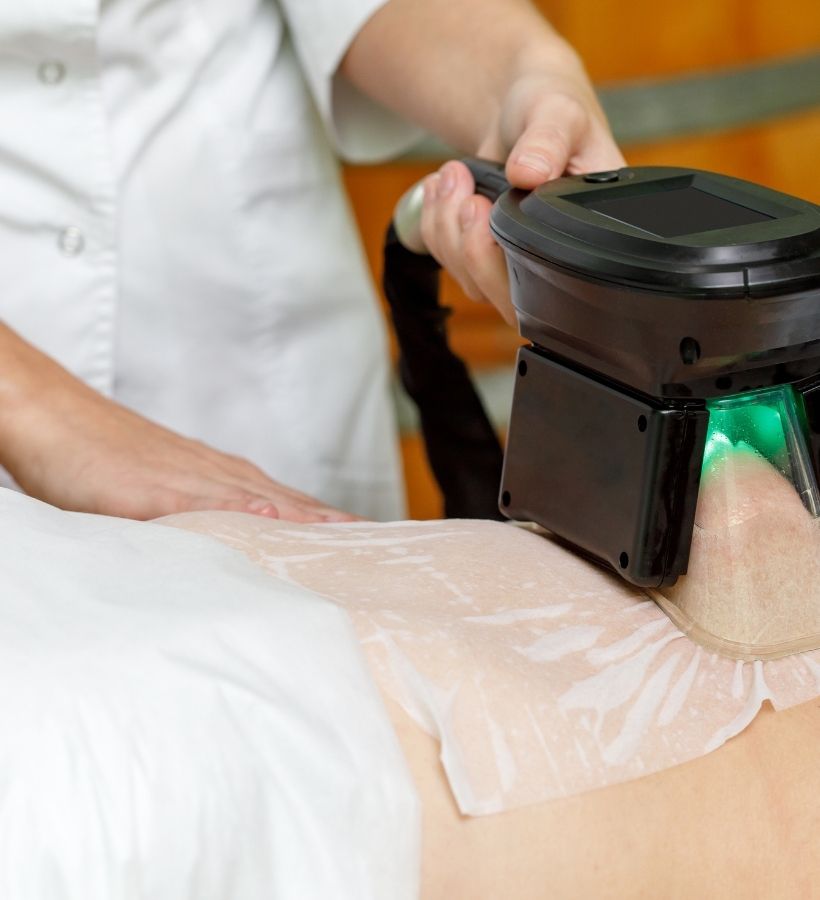Introduction
Navigating the world of skincare can feel like a daunting task. With an endless array of products and treatments available, it’s easy to become overwhelmed. Many people make common mistakes when selecting skincare items, leading to skin irritation, allergic reactions, or ineffectiveness. In this comprehensive guide, we will explore the common mistakes to avoid when choosing skincare products and treatments so you can achieve radiant skin without unnecessary complications.
Common Mistakes to Avoid When Choosing Skincare Products and Treatments
Choosing the right skincare products is not just about picking what’s trending or what’s recommended by influencers. It requires understanding your skin type, needs, and the ingredients in those products. Here are some frequent pitfalls that individuals often encounter:
1. Ignoring Skin Type
One of the primary mistakes people make is not considering their specific skin type—oily, dry, combination, sensitive, or normal. Each skin type requires a tailored approach.
Understanding Your Skin Type
- Oily Skin: Look for non-comedogenic products that won't clog pores. Dry Skin: Choose rich moisturizers with hydrating ingredients like hyaluronic acid. Combination Skin: Use a balanced product that caters to both oily and dry areas.
2. Overloading on Products
Many believe that applying multiple products will yield faster results. However, using too many products can irritate your skin.
The Less is More Approach
- Stick to a basic routine: cleanser, moisturizer, and sunscreen. Introduce new products one at a time to monitor how your skin reacts.
3. Not Considering the Ingredients
Ingredients matter more than brand names or marketing claims. Some common harmful ingredients include sulfates and parabens.
Reading Labels
- Familiarize yourself with beneficial ingredients such as retinoids for anti-aging or salicylic acid for acne. Avoid harsh chemicals that may cause irritation.
4. Neglecting Sun Protection
Many forget about sun protection in their daily routine until it’s too late—leading to premature aging and other skin issues.
Importance of SPF
- Use broad-spectrum sunscreen daily. Look for products with an SPF of at least 30.
5. Buying Based on Hype
Social media influencers often promote certain products that may not be suitable for everyone’s skin type.
Evaluating Product Popularity vs Efficacy
- Research product reviews from credible sources before purchasing. Seek dermatologist recommendations over social media hype.
6. Skipping Patch Tests
Jumping straight into using a new product without testing first can lead to severe reactions.
How to Conduct a Patch Test
- Apply a small amount on your inner arm and wait for 24 hours. Check for any signs of irritation or allergic reaction before full application.
7. Failing to Adjust According to Season
Your skincare needs change with seasons; what works in summer might not suit winter conditions.
Adapting Your Skincare Routine
- In colder months, consider richer moisturizers. In summer, focus on lightweight formulations that control oiliness.
8. Relying Solely on Trends
Trendy skincare treatments may not work effectively for all skin types or concerns.
Knowing What Works for You
- Stick with tried-and-tested treatments like chemical peels or microneedling after consultation with professionals.
9. Overlooking Professional Guidance
Many skip consulting dermatologists when experiencing persistent skin issues such as acne or eczema.
Seeking Expert Help
- Schedule regular check-ups with a dermatologist. They can provide personalized advice based on your unique skin condition.
10. Misusing Exfoliants
Exfoliating too frequently can damage your skin barrier instead of improving its texture.
Finding the Right Balance
- Limit exfoliation to 1–2 times per week depending on your skin's sensitivity.
FAQ Section
Q: What are the best skin care treatments for acne?
A: The best treatments include salicylic acid cleansers, benzoyl peroxide spot treatments, and retinoids prescribed by a dermatologist.
Q: How do I know if I'm using the best botox treatments?
A: Consult with licensed professionals who have experience in administering Botox; they should discuss expected outcomes and potential side effects thoroughly before treatment.
Q: Is it necessary to use separate eye creams?
A: While not mandatory, specialized eye creams often contain ingredients that target dark circles or puffiness better than regular moisturizers do.
Q: How often should I see a dermatologist?
A: A yearly check-up is ideal; more frequent visits may be necessary if you have ongoing concerns such as severe acne or eczema flare-ups.
Q: Can I mix different brands of skincare products?
A: Yes, but ensure they contain compatible ingredients; consult an expert if you're unsure about potential interactions between active components.
Q: Do I really need multiple steps in my skincare routine?
A: Not necessarily! A simple three-step routine (cleanser, moisturizer, sunscreen) may suffice for many individuals; tailor your regime based on personal needs.
Conclusion
Choosing skincare products doesn’t have to be overwhelming if you understand your needs and avoid common pitfalls along the way. By being mindful of these mistakes—like ignoring your unique skin type or succumbing to trends—you can select effective solutions tailored specifically for you. Always remember that consultations with professionals can provide valuable insights into effective treatments available in places like Warrington as well as options such as botox procedures designed specifically for enhancing beauty while maintaining healthful practices in mind.

This article serves as an essential guide for anyone looking to navigate their journey through skincare thoughtfully and effectively while avoiding https://svlaserandskin.co.uk/contact/ common pitfalls along the way!